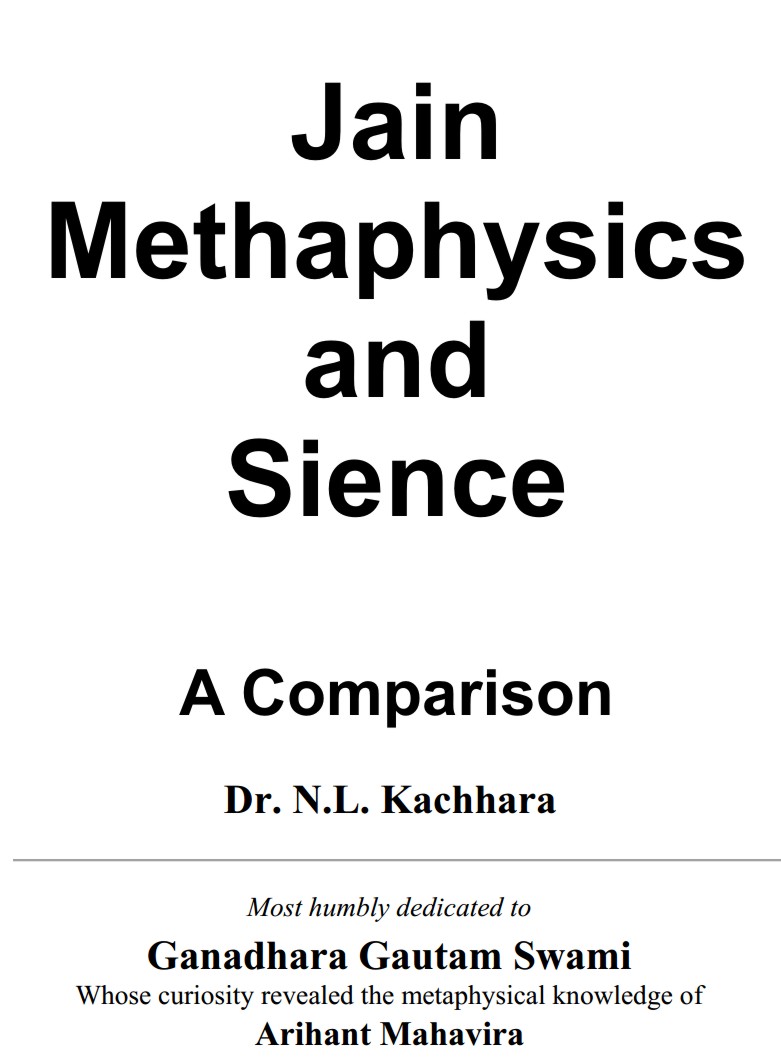The Big Bang theory, which is widely accepted by scientists, is predicted by red shift given by Hubble's law based on astronomical measurements. The red shift is supposed to occur mainly due to expansion of space, which causes emitted photons to stretch to longer wavelengths and lower frequency during their journey of millions and billions of light years. The Jain philosophy offers an alternative explanation for stretching of photons in such long journeys.
A photon is made of vargana of mass category. A photon is supposed to be charge less and so it must be an aggregate of two or more varganas (a vargana has a charge). In fact photons of different frequency must contain differing number of varganas. These and other kinds of varganas of both mass less and mass category are found all over middle loka. These varganas travel in all directions at any given location. A photon traveling in space may encounter and collide with other photons or varganas traveling in different directions. The possibility of collision will certainly exist when the travel is on galactic scale involving millions of light years. As a result of such collisions it is expected that some of the varganas or paramanus will be knocked off reducing the number of paramanus and hence the energy of the photon. A photon with less number of varganas or paramanus also becomes less dense and shall occupy more space than before. Consequently, the frequency of photon shall decrease and the wavelength shall increase, when considering travel of photon on galactic scale. The frequency decrease can be expected to be more with greater distance of travel and more number of possible collisions of photon. Thus there is no need to make rather an unrealistic assumption of expansion of space to explain the Hubble's law. Jain philosophy supports a steady state universe; the concept of expanding universe is not acceptable.
Akasa in Jain philosophy is real, infinite, eternal and one indivisible unit and it cannot have any expansion. The expansion of space, assumed by scientists obviously raises the question; it is expanding in what? There can be no expansion without the presence of space and if the space is already present what is the meaning of expansion of space. Jain philosophy offers a way out for all such confusing assumptions. Is the Big Bang inferred by extrapolation of Hubble's observations not imaginary?
 Dr. N.L. Kachhara
Dr. N.L. Kachhara
